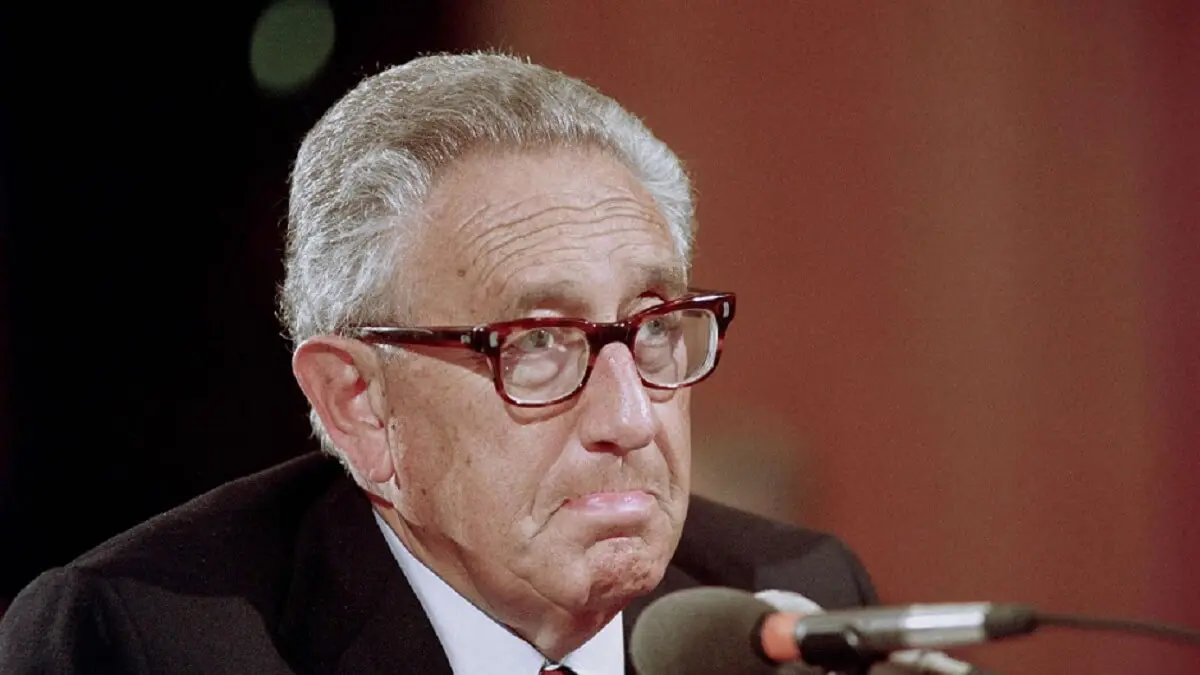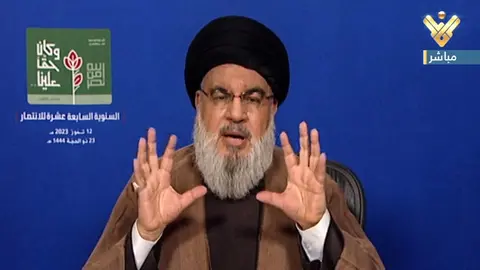A few miles of humanity

"We didn't start the war", Israeli Prime Minister Golda Meir told US Secretary of State Henry Kissinger, a Jew like herself, at their first meeting in Washington on 3 November 1973 to open the way for negotiations in the Yom Kippur War. "You didn't start the war", Dr Kissinger replied, "but you face the need to make a wise decision to protect Israel's survival". Golda Meir, a tough and intelligent woman, had to win the consensus of her indispensable ally, the United States, and of her people, who at the time were largely belligerent after the attack on Israel. The next day, Kissinger met again with the Labour leader and her advisors to propose a six-point plan (conditions) and begin talks. Three days later, on 7 November, he met with Egyptian President Anwar el Sadat, who was open to negotiation but anxious to regain his country's dignity. Egypt had lost the Sinai Peninsula in the previous Six Day War and the new Yom Kippur offensive had been stopped by the troops of the Israeli Defence Minister, Mose Dayan.
The first step demanded by Sadat to begin negotiations was for the Israeli army to move back a few miles into the Sinai to establish a security strip, symbolically signifying that Israel was prepared to vacate the territory. In January 1974, talks began and Dayan proposed a withdrawal of between 12 and 20 miles, far less than Kissinger's plan. After two days of negotiations, the defence minister agreed to extend the demilitarised barrier and the process was unblocked.
Four years later, the Egyptian president and conservative Prime Minister Menahem Beguin signed the final peace between Egypt and Israel brokered by Democratic President Jimmy Carter, but initiated in that distant November 1973 conversation between Henry Kissinger and Anwar el Sadat. The agreements reached at Camp David cost the life of the historic Egyptian leader, who was assassinated by fundamentalists disguised as military officers shortly afterwards in a vicious attack. But the Israeli-Egyptian peace was an enormously valuable step towards stability in the Middle East. It opened the door to the Oslo accords that led to the creation of the Palestinian National Authority, and serves as a benchmark for understanding that both political conflict and unjustifiable radicalisation can be channelled through negotiation, even in a region so painfully punished by violence.
Hamas's brutal aggression makes any historical comparison with that process impossible, and the historical and political figure of Anwar el Sadat exceeds any comparison with the leaders and assassins who designed and perpetrated the massacre of 7 October. But the level of coexistence achieved by different states in the region in recent years, and the firm common conviction to combat terrorism and identify terrorist groups as the main enemies of political stability, opens a window of opportunity for the possibility of some kind of understanding to emerge. Secretary of State Antony Blinken has initiated this by demanding that Israel include in its military strategy a series of humanitarian pauses that could later lead to a ceasefire. The aim is to reduce the tragic effects of the bombardment and hand-to-hand fighting on Palestinian civilians in Gaza. Whose suffering is today becoming the main argument for international public opinion to call on the Israeli government to reverse its defensive action, after having legitimised the response to the brutal slaughter suffered by its people at the hands of savage terrorists, with whom no negotiation is morally or politically admissible.
In November 2023, Israel's survival is not at stake, as it was in the past during the Cold War and under communist pressure. Then, figures such as Golda Meir, Anwar el Sadat and Henry Kissinger understood that coexistence between warring peoples and states depended on a few miles of territory that diplomacy has called negotiation. Today, the pressure of fundamentalism and terrorist barbarism are the enemies of coexistence in the Middle East. Most of the actors involved in one way or another in the conflicts of the past few years have experienced the suffering of civilian victims and identify those responsible for the massacres, the terrorist groups. This conviction can be a window of opportunity. To open it, a pause is needed. A few miles of humanity.



